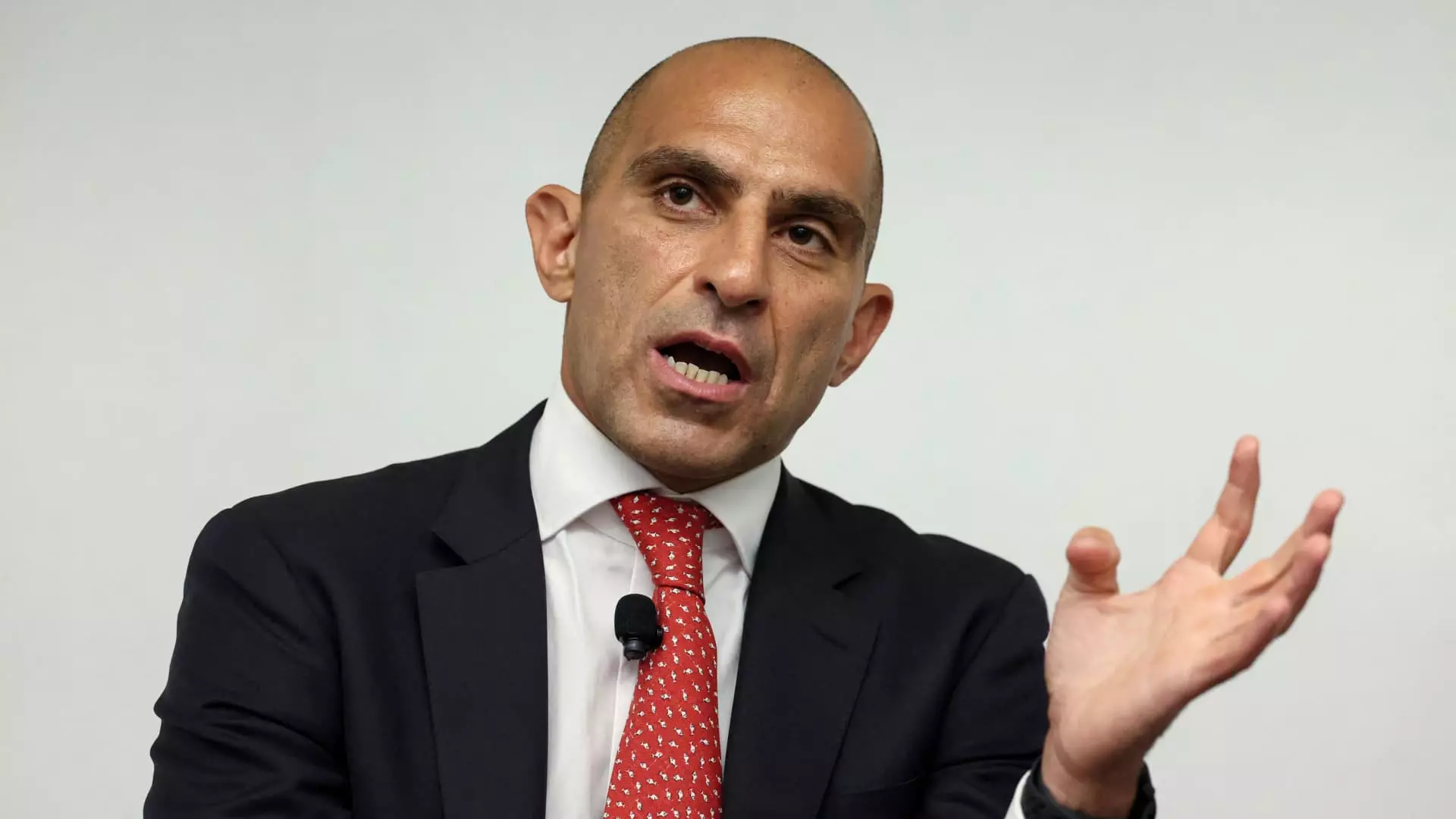As the landscape of finance continues to evolve, the pressures on regulatory bodies like the Commodity Futures Trading Commission (CFTC) are intensifying. On a crucial morning at DC Fintech Week in Washington, D.C., CFTC Chairman Rostin Behnam addressed the pressing issues facing his agency. With recent legal challenges and the rapid rise of digital assets, the CFTC finds itself at a crossroads, with the need for robust and clear regulatory frameworks more urgent than ever.
One glaring conflict has arisen from the CFTC’s efforts to regulate event contracts related to U.S. elections, particularly concerning the financial exchange Kalshi. The agency sought to prohibit Kalshi from offering contracts that allowed speculative betting on election outcomes. However, following a legal defeat in September, including the lifting of an injunction that favored Kalshi, the CFTC’s stance has faced renewed scrutiny. Chairman Behnam emphasized the CFTC’s longstanding belief that such contracts are illegal, stating, “The position of the commission has actually been pretty consistent for the better part of a decade.”
Despite the setback, Behnam noted that the agency would permit these contracts while navigating the ongoing legal dispute, highlighting a certain level of caution mixed with pragmatism in the CFTC’s approach. The agency’s efforts reflect broader concerns about preserving market integrity and the potential ramifications of allowing political betting, which could lead to unforeseen consequences in both the financial market and the electoral process itself.
Simultaneously, the CFTC is grappling with the advent of digital assets, an area rife with both innovation and risk. Behnam pointed out the troubling trend of everyday Americans falling victim to scams within the digital asset space. His call for comprehensive federal legislation signifies a recognition of the chaos and unpredictability that permeates this emerging market. “Federal legislation is urgently needed to create a pathway for a regulatory framework that will protect American investors,” Behnam stated, revealing a pressing need for cohesive governance in the digital realm.
Moreover, the absence of a regulatory structure leaves consumers vulnerable and the financial system at risk; this discord attracts the attention of lawmakers, who must prioritize legislative action to safeguard the marketplace. Without a unified approach, the innovations heralded by cryptocurrencies and blockchain technology could ultimately undermine the very principles of financial security and consumer protection that regulatory bodies strive to maintain.
The challenges that lie ahead for the CFTC underscore the delicate balance between fostering innovation and maintaining oversight in a rapidly changing financial environment. As event contracts in political contexts clash with the realities of digital asset proliferation, the agency stands at the forefront of regulatory discourse. Behnam’s insights serve as both a warning and a rallying cry for stakeholders to advocate for a legal framework that addresses these emerging issues.
In navigating these turbulent waters, the CFTC’s actions and decisions will be pivotal in shaping the future of not just American markets but also the global financial landscape. It remains to be seen whether Congress will heed Behnam’s call and establish the necessary regulatory guidelines that protect consumers while simultaneously promoting innovation. The urgency for a cohesive and comprehensive regulatory approach has never been clearer.

